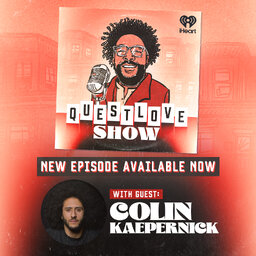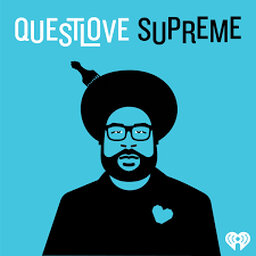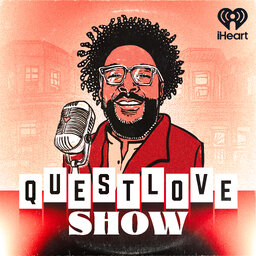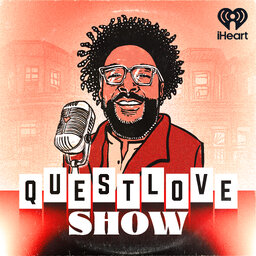Questlove Supreme: Rick Rubin
He has coined himself the great "Reducer". However, his imprint on hip hop can not be reduced. Rick Rubin established one of the greatest record labels of all time, which we know as Def Jam and has been going ever since. His sound has been requested by the greats of our time. From the LL Cool J, Red Hot Chilli Peppers to Kanye West and the Dixie Chicks to Mick Jagger and more. Rick Rubin is the guru of sound. He is also one of Questlove Supreme's most awaited and anticipated interviews. Yes, class is back in session so take a seat!
Learn more about your ad-choices at https://www.iheartpodcastnetwork.com
In 1 playlist(s)
The Questlove Show
The Questlove Show builds on the award-winning Questlove Supreme podcast, bringing listeners into in…Social links
Follow podcast
Recent clips

Colin Kaepernick
26:21

QLS Classic: Lena Waithe
1:32:57

BONUS: James Alexander on The Bar-Kays' Rivalry With Cameo
09:18
 The Questlove Show
The Questlove Show